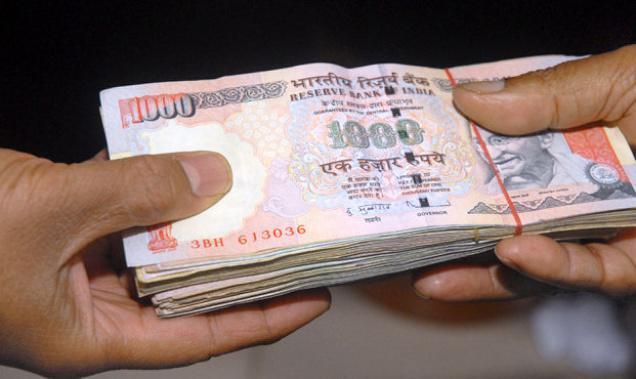Search
The What and How of Microcredit
January 13, 2017
In Ahmedabad, a lady observed some vegetable vendors outside her house. She saw them struggling each they. Their vegetables were few and of poor quality. She spoke to them and discovered that they didn’t have money to buy either more or better quality vegetables. All they needed was about Rs. 100/- at the beginning of each day.
The lady started giving the money to the vendors. Each morning she’d give Rs. 100/- and each evening the vendor would return Rs. 110/-. Soon, the vendors did not need to borrow money in the morning. They not only were able to fund their wares, they also were able to save some money and grow their business.
(Numbers are indicative)
The lady was Ela Bhatt and this was the beginning of SEWA (Self Employed Women’s Association), one of the most successful microcredit and microfinance institutions of India
Definition of Microcredit
The term microcredit is a portmanteau made by combining the words “micro” and “credit”.
Microcredit is the system of lending small amounts of money to small businesses at a very low-interest rate. It is those in the lower income strata who have no other means of raising credit.
Traditional organisations that lend money – like banks and other credit agencies – give credit against assets and mostly to those whose credit histories can be verified. These organisations also don’t have any system of disbursing really small acounts which could be a few hundred or in the lower thousands.
Microcredit fills this gap. It is used to help borrowers who lack collateral or assets and also for people whose credit history has yet to be verified. Essentially, microcredit is used to fund the lower income groups and it plays a major role in empowering people who are unable to meet the requirements to apply for a loan.
History of Microcredit
Microcredit has been existing in various forms since the 18th or 19th century. As a concept it was introduced in the West, but grew to its present form in South East Asia. Today the leaders in the area of microcredit are India and Bangladesh. Bangladesh’s Grameen Bank is popularly considered to be the first modern microcredit organisation. In fact, its founder Muhammad Yunus received the Noble Peace Prize for his work in the area of microcredit.
Benefits of Microcredit
- Microcredit offers a better chance to smaller entrepreneurs and businesses to access money and reach to their potential.
- Microcredit gives an opportunity to those in the lower income groups a chance to borrow money in times of need or when a business opportunity presents itself.
Microcredit opens avenues for those who do not have papers that can be verified or any sort of credit history or even a bank account.
Goals of Microcredit
The primary goal of microcredit is to offer if not a level playing field, at least a viable playing field to the poorer sections of the society to improve their circumstances. The availability of finance spurs entrepreneurship and growth as Ela Bhatt’s example demonstrated.
It truly fills a need to create a more inclusive society.



